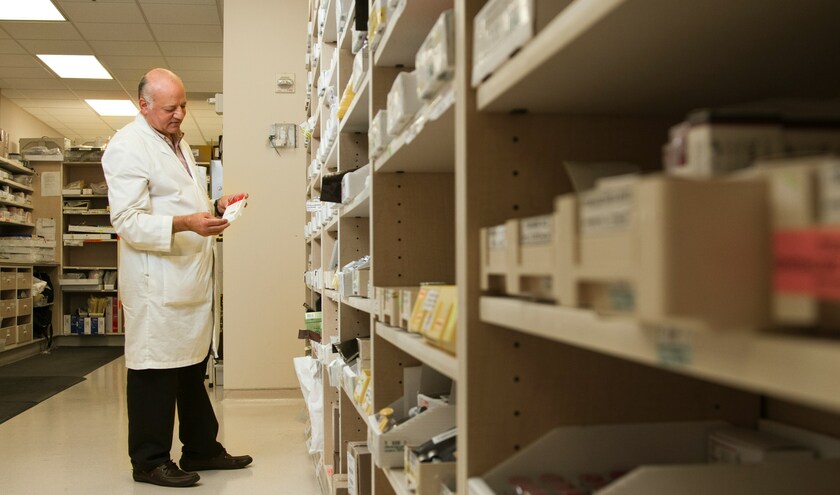The research, which was published in a series of papers published by The BMJ, was carried out by the University of Birmingham and funded by the National Institute for Health and Care Research Birmingham Biomedical Research Centre.
Professor Jon Deeks at the University of Birmingham and author of the study said: ‘Our recent research raises concerns about the suitability, accuracy and usability of many of the self-testing products available that require users to sample, test and interpret results themselves. In some cases, it is unclear how accuracy claims are supported and there is no requirement of manufacturers to share the evidence behind these claims.'
The research covered 30 self-testing kits that were stocked by the mainstream supermarkets, pharmacies and health and wellbeing shops, covering vitamin deficiency, blood cholesterol, menopause and bowel cancer.
Accuracy claims were made for 24 of the tests, and most (14/24; 58%) claimed a performance of at least 98% accuracy, sensitivity or specificity. However, evidence supporting accuracy claims were largely unavailable or didn't provide sufficient information for people likely to purchase these tests.
Researchers found 18 self-tests could lead to an erroneous result or action, 11 tests had equipment problems, 10 had problems with the sampling process and 15 had problems with instructions or the interpretation of results.
New medicines or interventions must undergo a stringent regulatory process, including clinical trials and registration with the MHRA. In contrast, medical self-test devices are subject to less stringent checks by notified dodies and this has allowed certain self-tests to be sold in the UK, despite them raising concerns.
Joseph Burt, MHRA head of diagnostics and general medical devices, said: ‘We take the safety of self-tests very seriously. We will review the evidence presented by the researchers and consider all allegations about device deficiencies.
‘We have strengthened post-market surveillance powers to monitor and act on concerns. These require manufacturers to actively monitor their products and report significant incidents to us, including for CE-marked self-tests.
‘We're overhauling the medical device regulations to further strengthen standards for safety, usability and clinical performance — and we're exploring new transparency measures such as requiring published summaries of clinical evidence. In the meantime, we strongly encourage anyone using a self-test to check for a CE or UKCA mark, read the instructions carefully, and seek medical advice if they're unsure about their result.
‘We are committed to ensuring all medical devices available in Great Britain meet high standards of safety, quality and performance. There are future regulations planned that are an important step in strengthening public protection as more people take a proactive role in their health. More details on the future regulations will be published soon, including classification of self-tests and the claims that can be made on these tests.
‘We urge anyone who experiences a fault or harm to report it via our Yellow Card scheme. We're reforming the medical device regulations to further raise standards and protect patients.'



